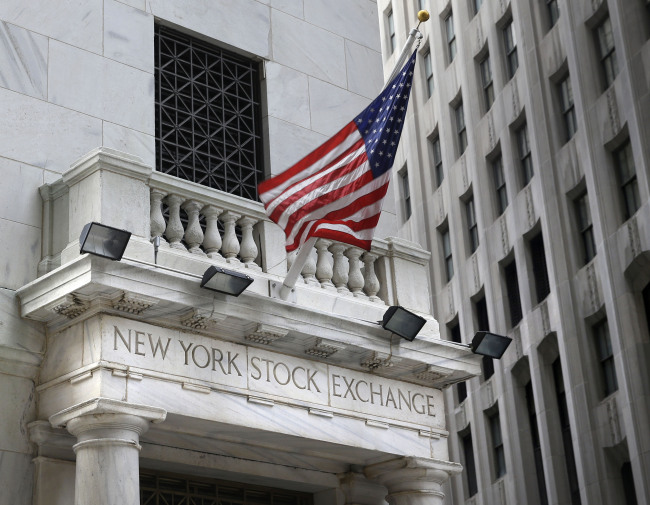The Korean currency has been extremely volatile against the U.S. dollar and Japanese yen over the past few months, confusing local exporters and investors, according to analysts.
They note that the won-dollar exchange rate appears to have lost direction at the current stage amid the ambiguous stance of the U.S. Federal Reserve on hiking the key base rate.
The dollar, which rose from 1,120 won in early July to about 1,200 won in early September, or 6.6 percent, has returned to the 1,120 level again. While market participants expected a rate hike in the U.S. in the third quarter, most have been betting on a delay since early October.
After sharply falling from the 1,190 mark in late September, the greenback continued its drop on Monday -- by 8.1 won from the previous session to close at 1,121 won.
The Japanese yen’s case was similar. After continuously increasing to 1,000 won per 100 yen in early September, it has sunk to stay under 950 won. The yen fell by 11.01 won, or 1.16 percent, from a session earlier to finish at 939.73 won on the same day.
 |
This file photo shows the New York Stock Exchange. World stock markets rose Oct. 9, 2015, on expectations the Federal Reserve will keep interest rates at a record low for at least several more months. (AP) |
Korea’s exporters were pinning hopes on the won’s depreciation against major currencies -- for price competitiveness compared to Japanese counterparts and some others -- after they suffered a great slump in the first half.
But the exchange rates’ recent return to its former levels is embarrassing them -- mostly automakers and IT companies.
Most analysts say the future direction of the exchange rates is unpredictable. They mostly cite the globally split outlook over the feasibility of the Fed’s rate hike within the year.
Kyobo Securities researcher Kim Hyung-ryeol said, “The won-dollar rate has failed to maintain its direction.” Adding that “it would be difficult for the won to hold a strong position versus the dollar on a mid-term basis.”
He stressed that the won’s direction is highly dependent upon the dollar’s value.
Analysts agree that the Federal Open Market Committee -- the rate-setting panel of the Fed -- will eventually raise the benchmark interest rate, but most are uncertain about the timing.
Fed Chair Janet Yellen has not ruled out the possibility of a hike within the year, although she has not clarified that the timing would certainly be this year.
Of the eight scheduled FOMC meetings in 2015, the last two will be held on Oct. 27-28 and Dec. 15-16, respectively, in Washington, D.C.
The first three of the 2016 rate-setting meetings are tentatively slated for Jan. 26-27, March 15-16 and April 26-27, respectively.
By Kim Yon-se (
kys@heraldcorp.com)








![[Weekender] Korea's traditional sauce culture gains global recognition](http://res.heraldm.com/phpwas/restmb_idxmake.php?idx=644&simg=/content/image/2024/11/21/20241121050153_0.jpg)